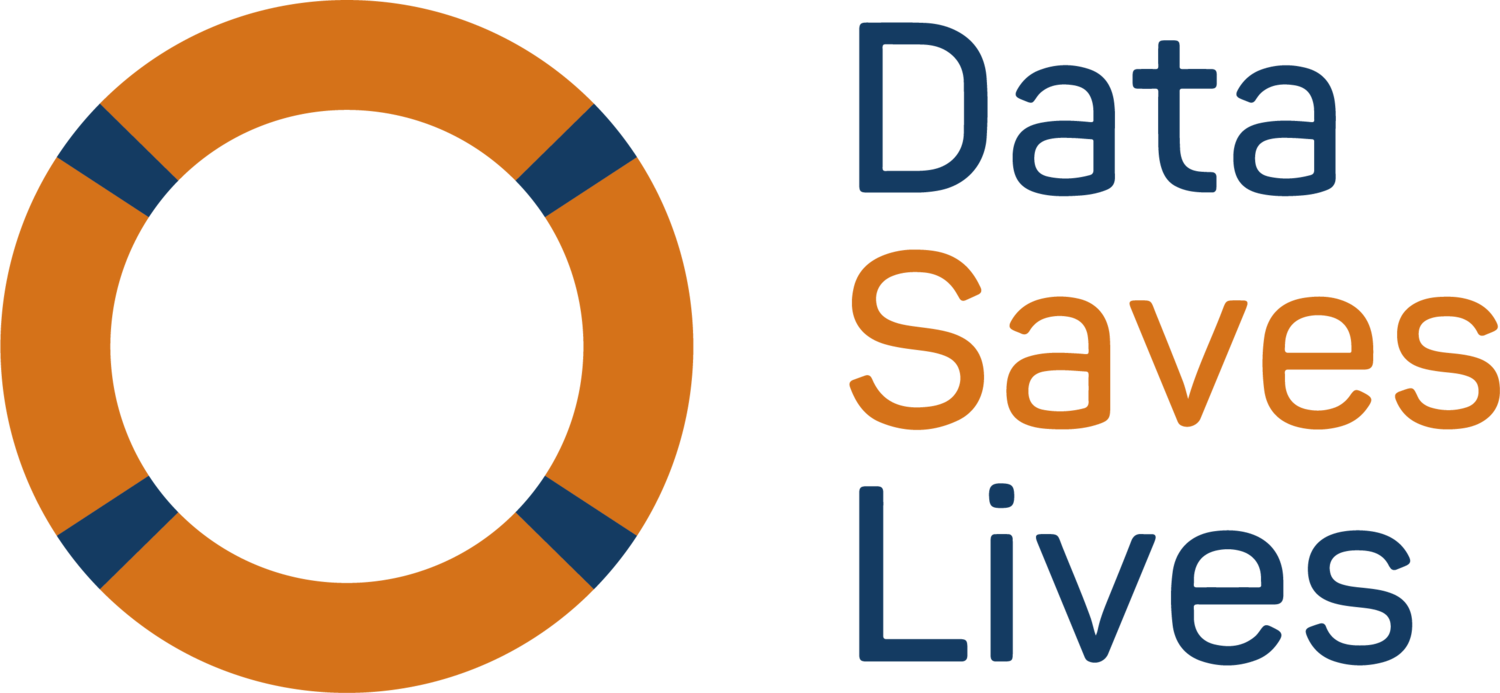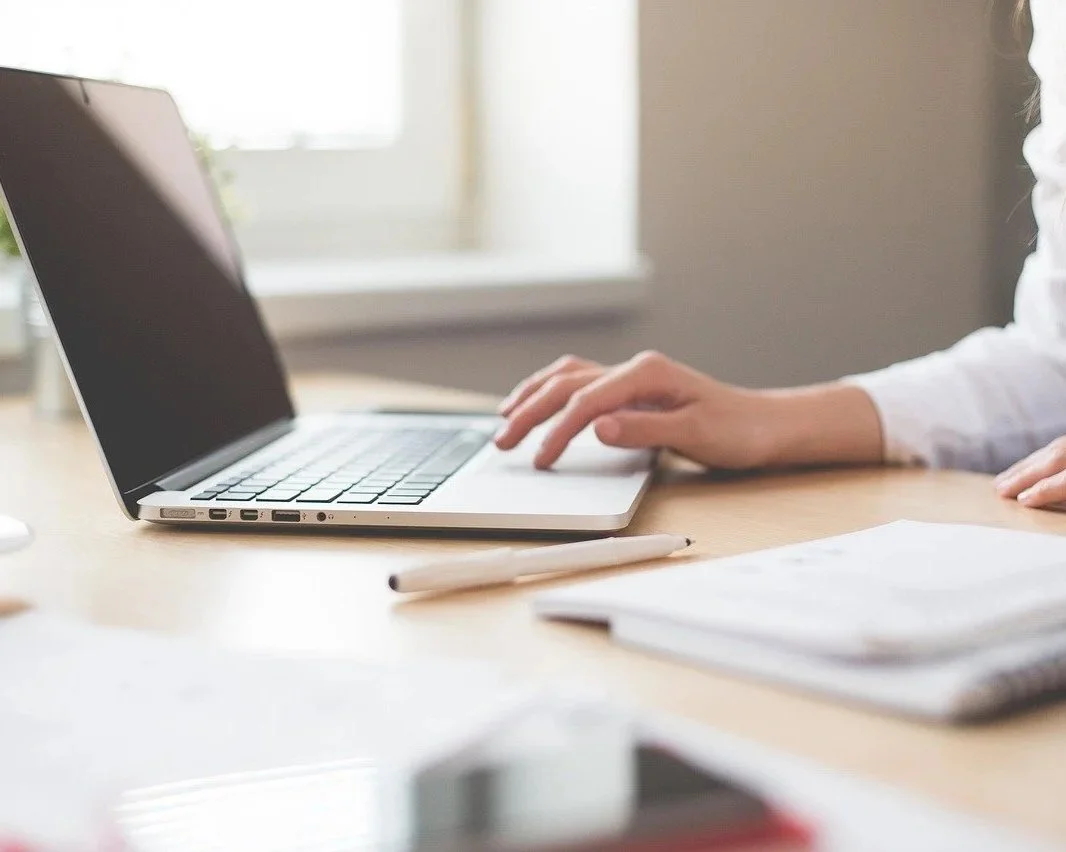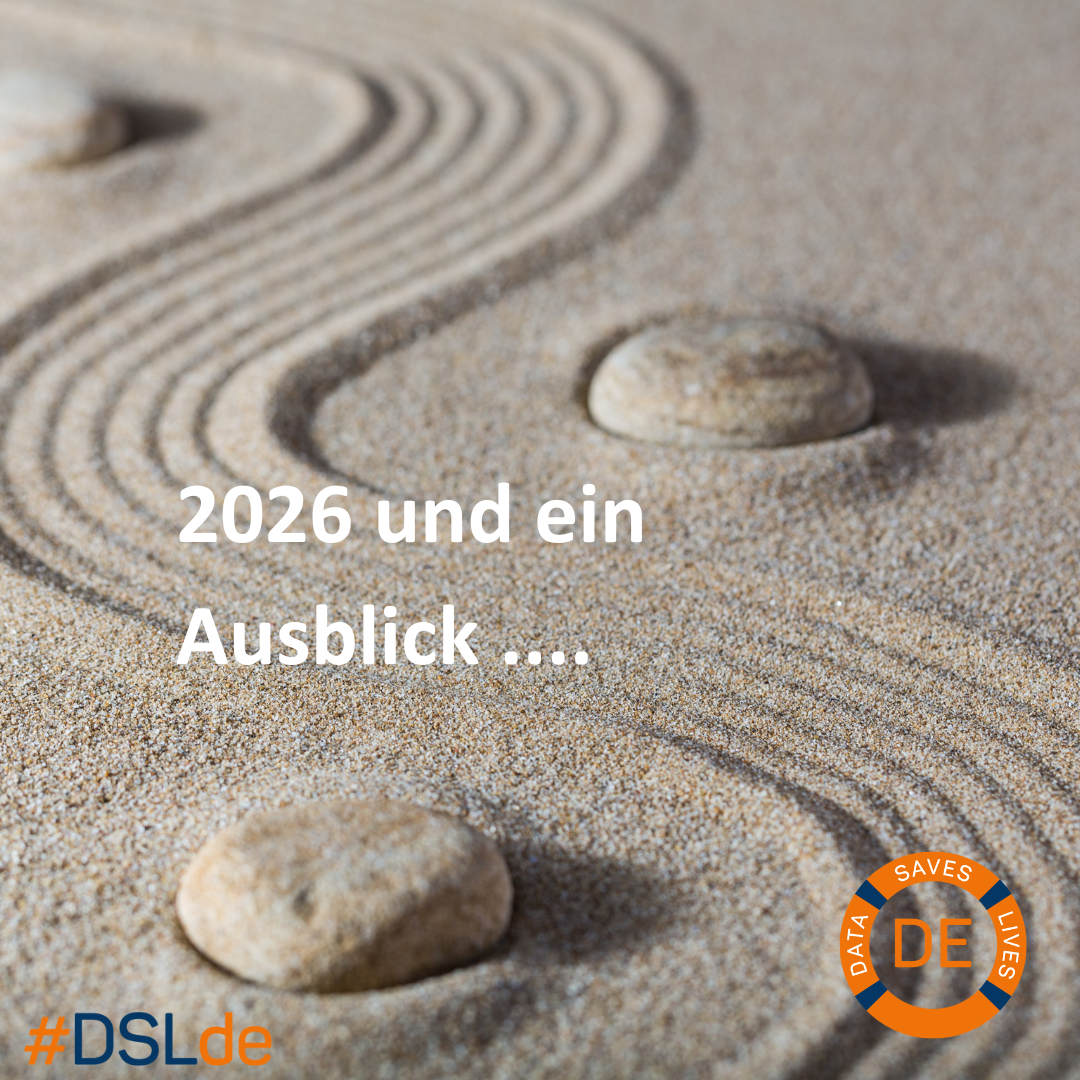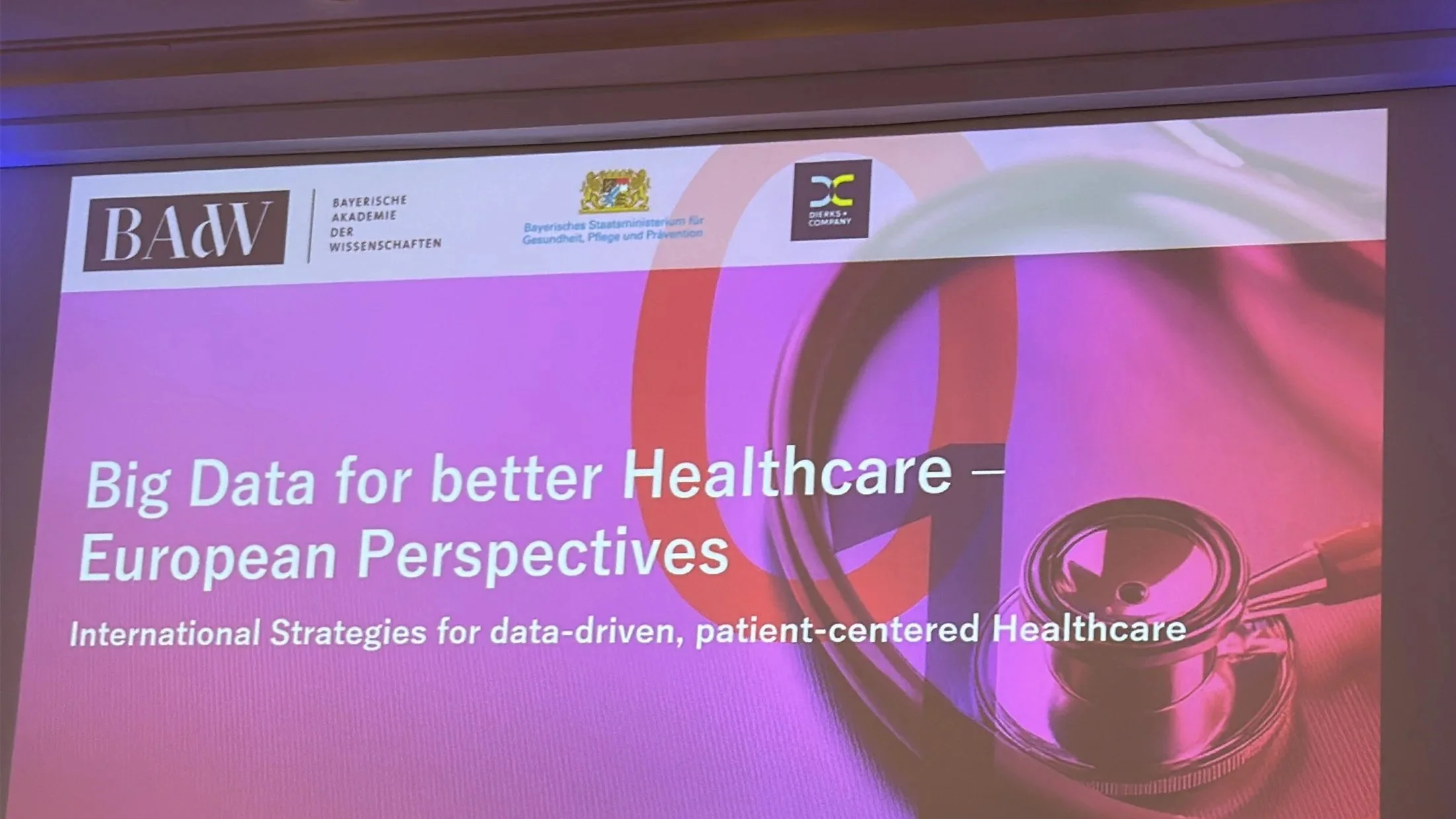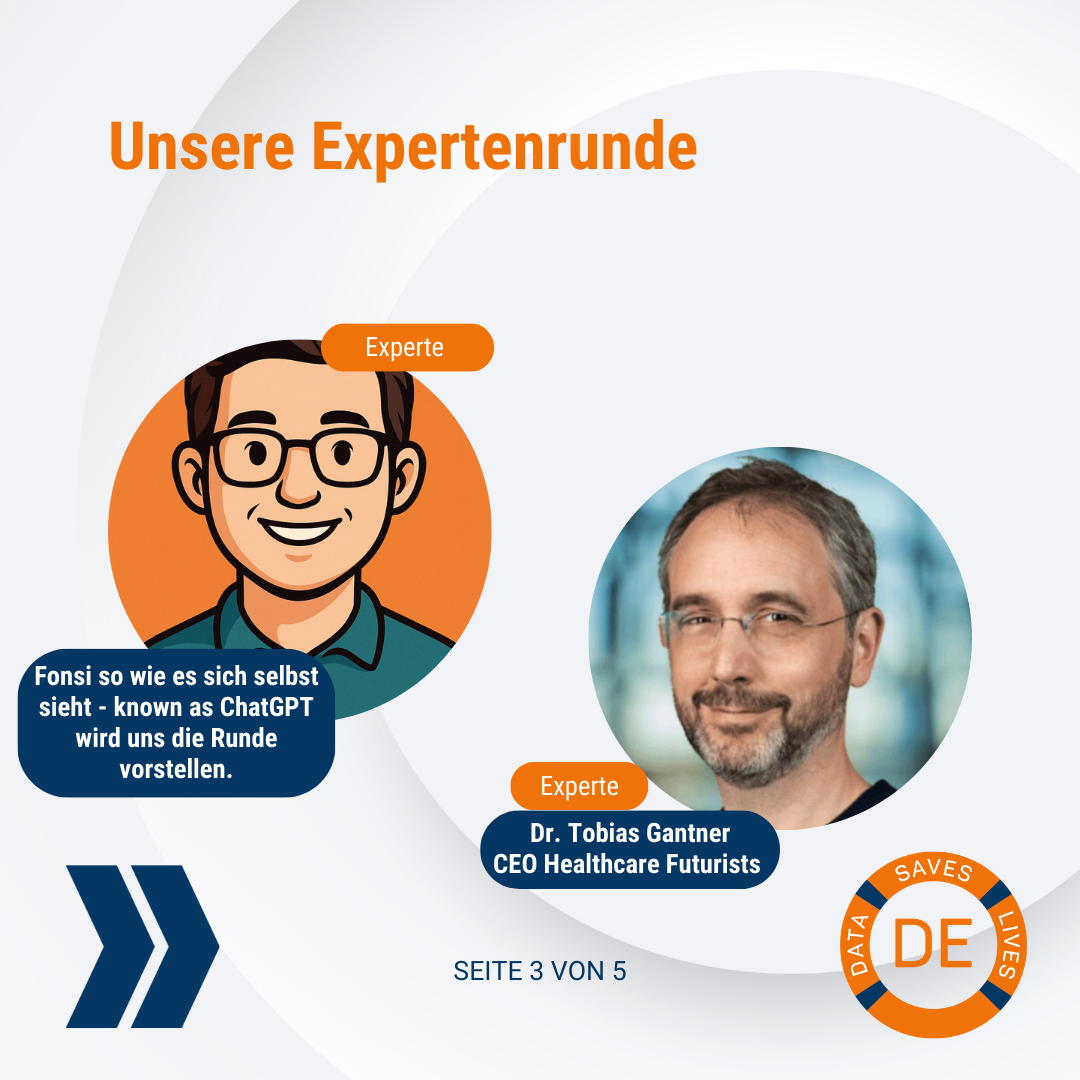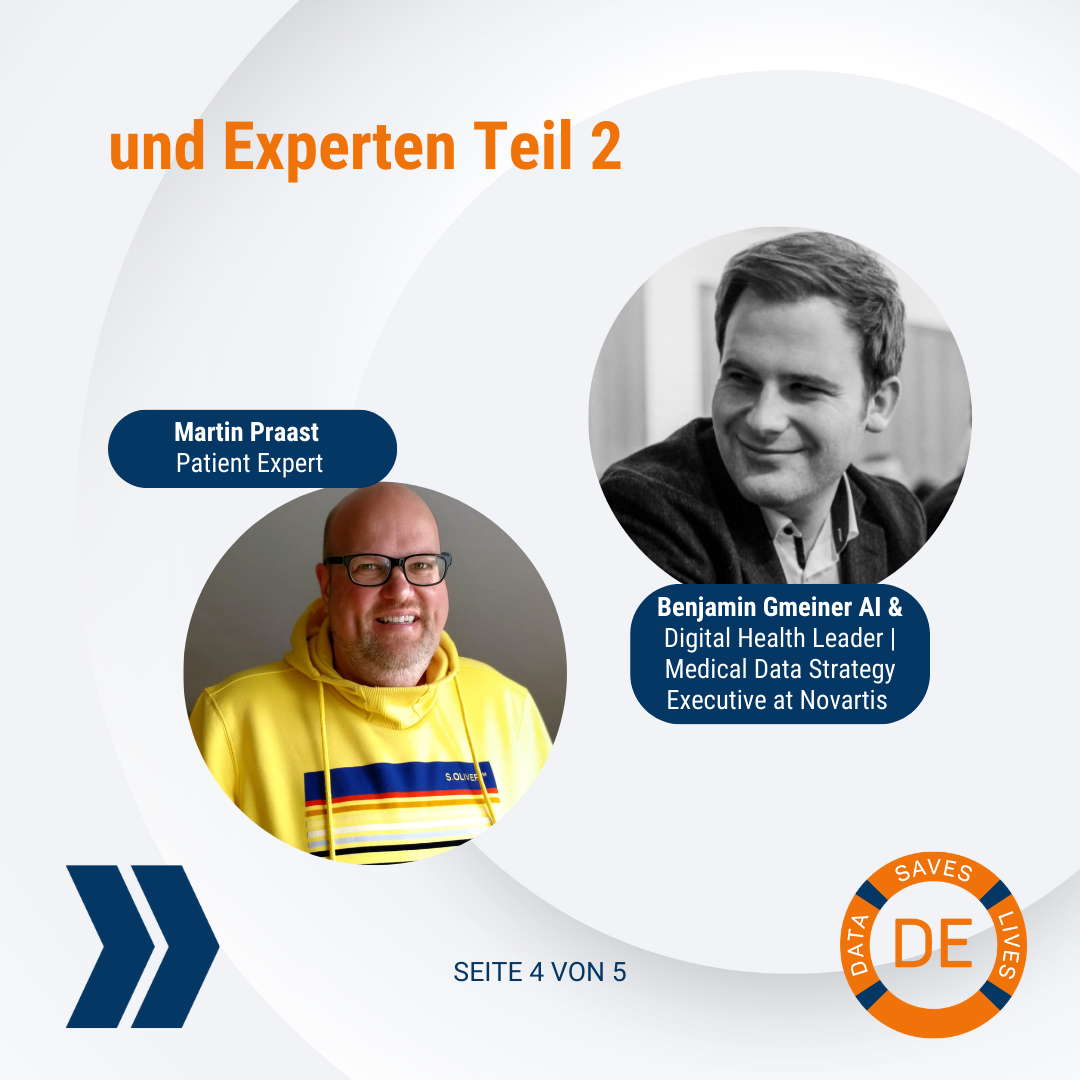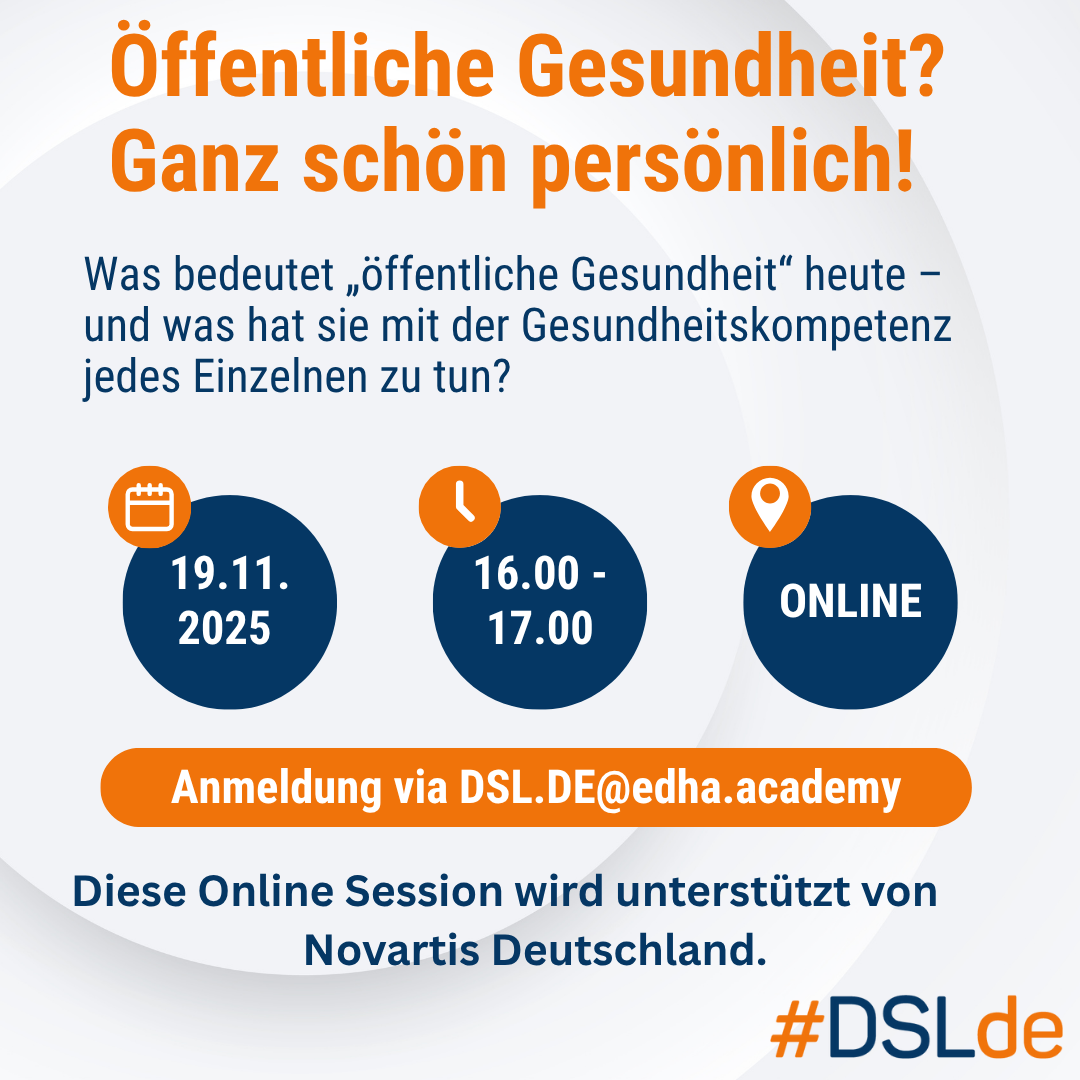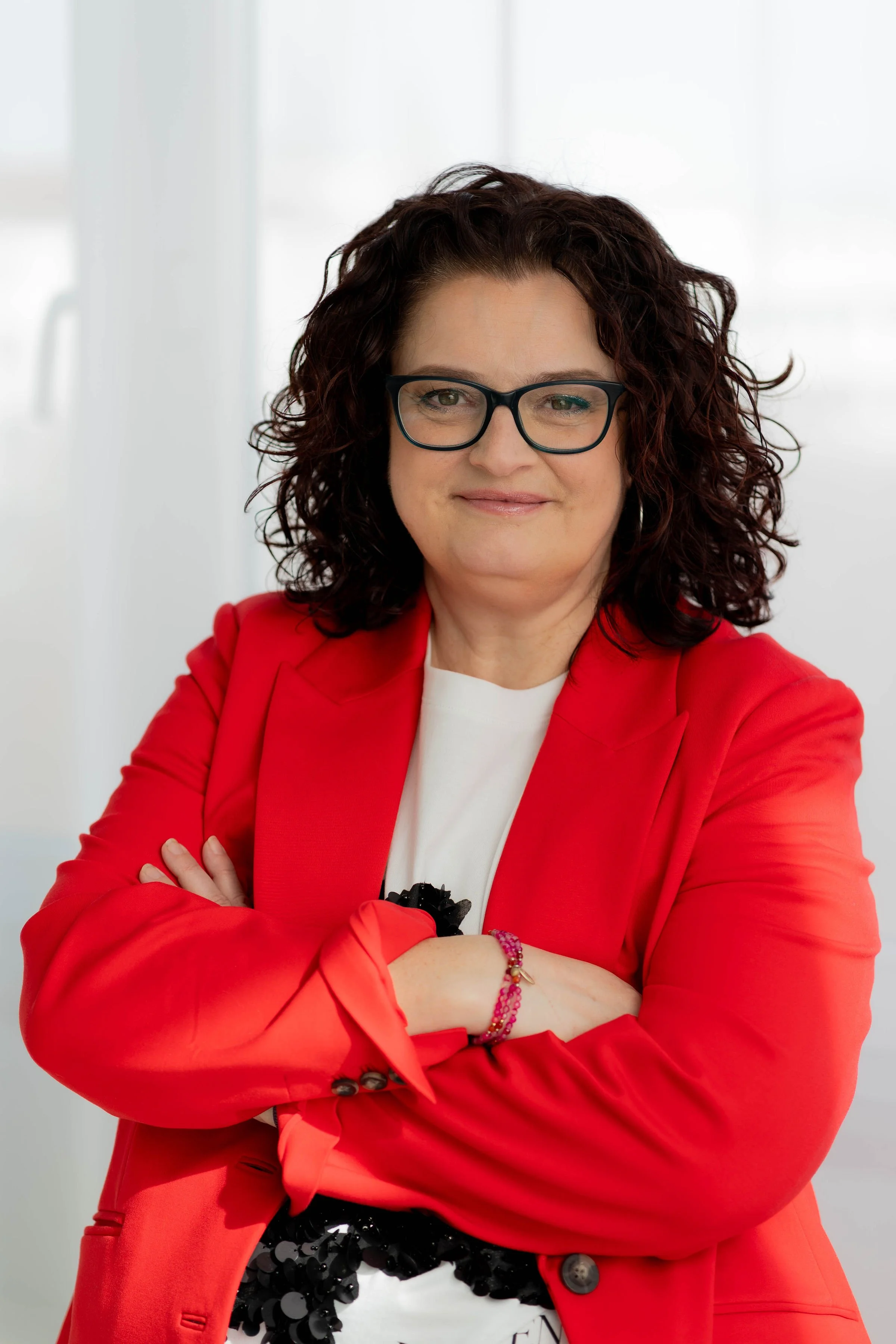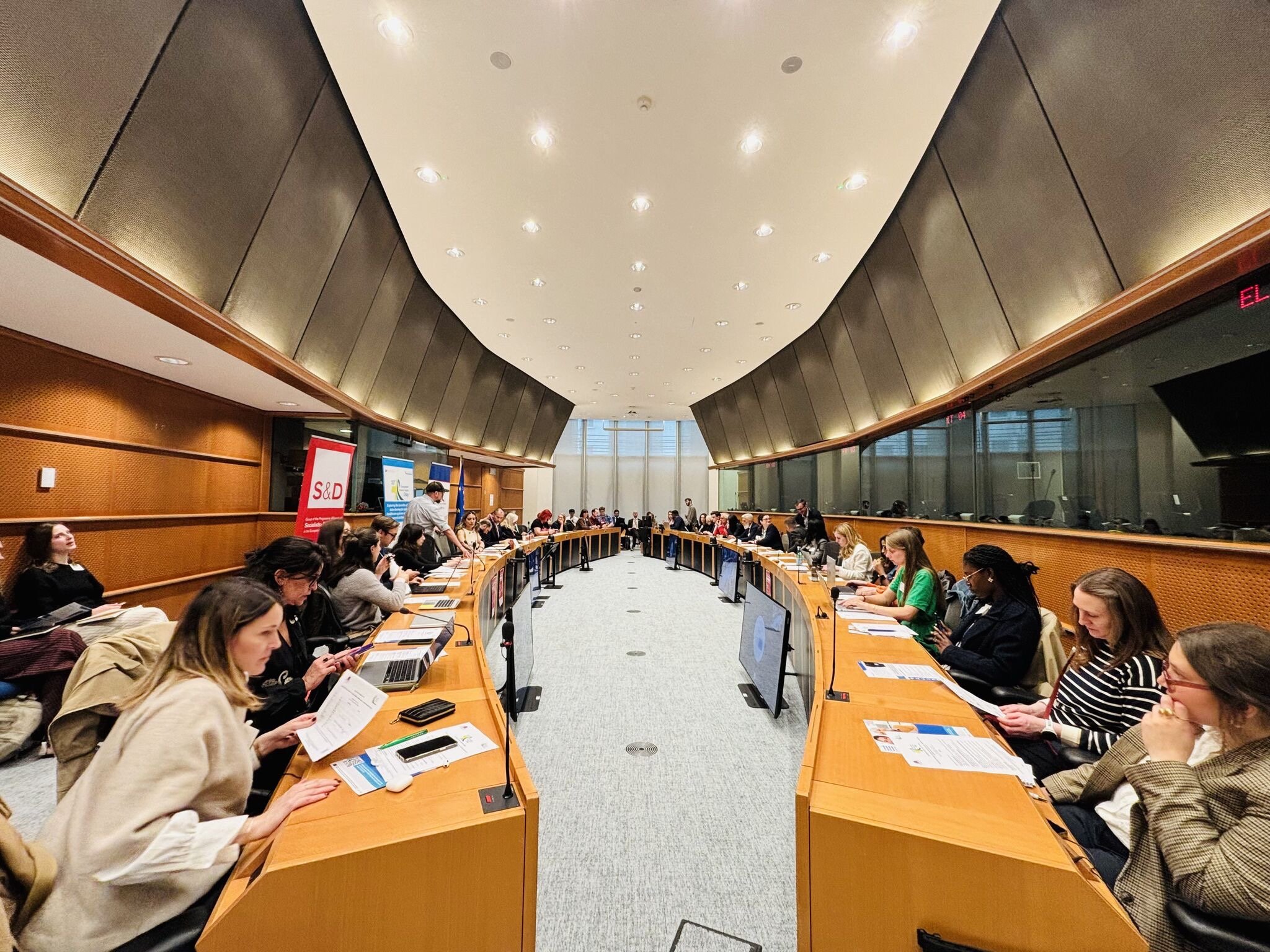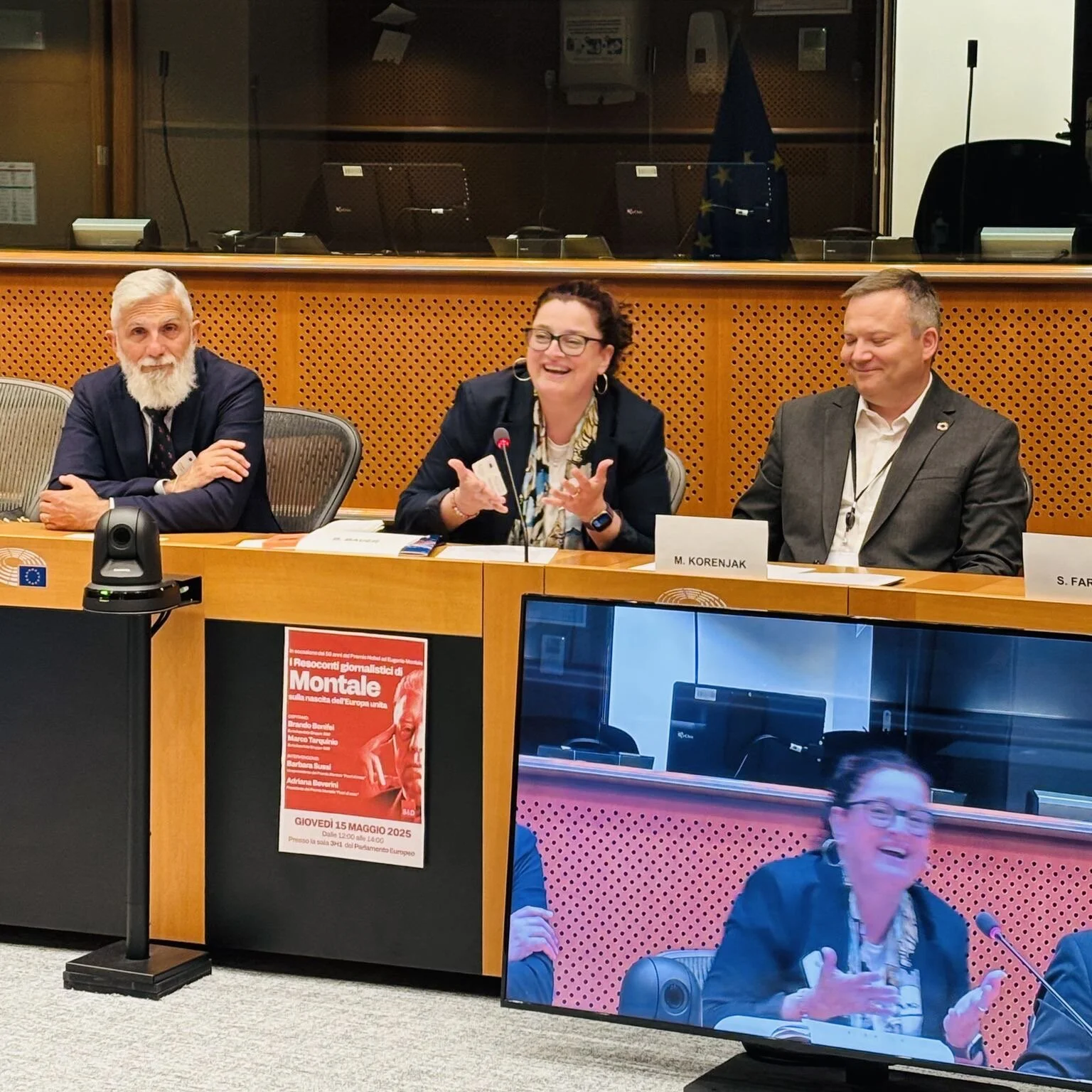English Version below!
Es war für viele ein Grund zur Freude. Andere zweifelten. Und dennoch: Irgendwie wurde es gefeiert.
OpenAI hat mit ChatGPT Health einen eigenen Bereich angekündigt, der Menschen dabei unterstützen soll, Gesundheitsinformationen besser einzuordnen – etwa durch die Nutzung persönlicher Gesundheitsdaten aus Apps oder Akten innerhalb eines geschützten Kontexts.
Hinter diesem Schritt steht ein klarer Bedarf: Rund 230 Millionen gesundheitsbezogene Anfragen werden wöchentlich an ChatGPT gestellt (Quelle: OpenAI, Introducing ChatGPT Health). OpenAI reagiert damit auf eine Realität, die längst da ist – Menschen nutzen KI, um Gesundheitsthemen zu verstehen.
Wir finden das grundsätzlich sehr spannend und beobachten aus unserer Arbeit mit unserer Community täglich, wie insbesondere in Patient Communities ChatGPT zu einem häufig genutzten Tool wird – für Informationen und für die Entwicklung von Posts. Unterschiede werden kaum gemacht, der „Chatty“ weiß das ja. Wirklich – oder ist genau diese Annahme problematisch, weil sie Unterschiede zwischen Information, Orientierung und medizinischer Entscheidung verwischt?
Gerade die Informationssuche zu Erkrankungen steigt. Wir schrieben es erst kürzlich in einem Rundschreiben: Hat Dr. Google ausgedient?
Und diese Suche steigt nicht ohne Grund: KI kann helfen, Informationen verständlicher zu machen, Orientierung zu geben und Menschen besser auf Gespräche im Gesundheitssystem vorzubereiten – und damit auch zu unterstützen, wenn es um Entscheidungen über mögliche nächste Schritte geht.
Dass Gesundheit als eigener, sensibler Anwendungsbereich gedacht wird, ist aus unserer Sicht ein wichtiger und richtiger Schritt. Auch weil so eine gute Distanz zum "täglichen" Business mit ChatGPT entsteht und Themen geschärft werden können.
Gleichzeitig bleiben einige Punkte offen, die für Vertrauen und sinnvolle Nutzung entscheidend sind.
Person vor dem Notebook, die Hand auf dem Touchpad, davor verschwommen ein Blog und ein Stift.
Bild: Pixabay.com
Unterschiedliche Nutzer – unterschiedliche Oberflächen
OpenAI kündigt an, unterschiedliche Oberflächen für Patient:innen und für medizinische Fachpersonen zu schaffen. Das ist aus unserer Sicht ein starkes Signal, denn Nutzungskontexte, Verantwortung und Sprache sind im Gesundheitsbereich nicht gleich.
Aus der Perspektive von Patient:innen wissen wir: Schon kleine Unterschiede in Sprache, Tonalität oder Darstellung entscheiden darüber, ob Informationen Orientierung geben oder eher verunsichern. Deshalb stellt sich weniger die Frage ob es unterschiedliche Oberflächen gibt, sondern wie gut diese Unterschiede verständlich gemacht werden.
In diesem Zusammenhang stellt sich auch eine weitere Frage: Wird es getrennte Zugänge oder Account-Typen geben? Und falls ja, wie wird sichergestellt, dass medizinische Fachpersonen sich entsprechend legitimieren, um Zugang zu fachlicheren Inhalten zu erhalten – etwa vergleichbar mit etablierten Modellen wie DocCheck?
Eine solche Differenzierung könnte helfen, Inhalte passgenauer auszuspielen und Verantwortung klarer zuzuordnen. Gleichzeitig müsste für Nutzer:innen transparent bleiben, in welchem Kontext sie sich bewegen und welche Art von Information sie erhalten.
Für uns ist dieser Punkt zentral, weil er darüber entscheidet, ob sich Menschen sicher und ernst genommen fühlen – oder allein gelassen.
Abgrenzung: ChatGPT vs. ChatGPT Health
Die angekündigte Trennung zwischen der allgemeinen Nutzung von ChatGPT und der Health-Funktion ist ein wichtiger Schritt. Viele Menschen nutzen ChatGPT bereits informell für Gesundheitsfragen – oft ohne klare Orientierung, was das System leisten kann und was nicht.
Genau hier liegt aus unserer Sicht eine große Verantwortung: Nutzer:innen müssen klar verstehen, wann sie sich in einem allgemeinen Informationsraum bewegen und wann in einem speziell abgegrenzten Gesundheitskontext. Ohne diese Klarheit entstehen schnell falsche Erwartungen oder ein trügerisches Gefühl von Sicherheit. Ein anderer wichtiger Punkt ist Gesundheitskompetenz. Die Fähigkeit, Informationen kritisch zu hinterfragen, ist die Voraussetzung für jede informierte Entscheidung. Wer Gesundheitsinformationen nicht einordnen kann, weil er sie nicht versteht, kann nicht entscheiden und genau darum geht es den meisten Patientinnen und Patienten. Sie fragen, weil sie unsicher sind, sie es wegen einer zu treffenden Entscheidung oder weil sie gerade keinen Arzttermin bekommen. Und ihr Risiko für eine falsche Entscheidung steigt mit mangelnder Kompetenz.
Daher: Erwartungsmanagement ist im Gesundheitsbereich kein Nebenthema, sondern Voraussetzung für Vertrauen und sinnvolle Nutzung.
Datenschutz: Zusagen ja – Einordnung fehlt
OpenAI betont, dass Health-Chats isoliert bleiben, nicht zum Training genutzt und nicht weitergegeben werden. Das sind wichtige Zusagen – und sie greifen zentrale Sorgen vieler Menschen auf.
Aus unserer Erfahrung wissen wir jedoch: Vertrauen entsteht nicht allein durch Versprechen, sondern durch verständliche Einordnung und Umsetzung wie Transparenz. Nutzer:innen wollen wissen, was diese Aussagen konkret bedeuten – persönlich, technisch, organisatorisch und rechtlich.
Solange unklar bleibt, wie diese Schutzmechanismen umgesetzt werden und wie sie sich in bestehende europäische Datenschutzanforderungen einfügen, bleibt für viele ein Rest an Unsicherheit. Der Wunsch ist da. Die Frage bleibt: Sollen sie sich trauen?
Gleichzeitig müssen wir bedenken: Menschen, die dringend Hilfe, Orientierung oder sogar eine schnelle Diagnose suchen, setzen solche Bedenken oft bewusst oder unbewusst hintenan. Wenn die Not groß ist, steigt die Bereitschaft, Risiken einzugehen. Gerade deshalb ist Transparenz hier keine Skepsis, sondern eine notwendige Schutz- und Vertrauensbasis.
Nutzer- und Patientenperspektive: noch unklar
Was im bisherigen Ankündigungstext auffällt, ist die fehlende Einordnung der Nutzer- und Patientenperspektive. Es bleibt offen, ob und wie Menschen, die solche Angebote später nutzen sollen, in die Entwicklung eingebunden waren und sind.
Gerade aus Sicht von Patient:innen ist entscheidend, ob reale Nutzungssituationen getestet wurden: Wie werden Informationen verstanden? Wo entstehen Unsicherheiten? Welche Fragen tauchen immer wieder auf? Wo braucht es welchen Sprachmodus und wie kann man klar bleiben und Missverständnissen oder falschen Interpretationen vorbeugen so gut es geht.
Ebenso bleibt unklar, ob es begleitende Strukturen wie Advisory Boards, Feedback-Formate oder eine kontinuierliche Nutzerbeteiligung gibt. Aus unserer Arbeit wissen wir: Genau diese Perspektiven machen den Unterschied zwischen theoretisch gut gemeint und praktisch hilfreich – sie decken Lücken auf und eröffnen neue Einsichten, die in Verbesserungen oder Weiterentwicklungen einfließen können.
Verfügbarkeit: EU und UK derzeit ausgeschlossen
Aktuell ist ChatGPT Health in der EU und im Vereinigten Königreich nicht verfügbar – unter anderem aufgrund regulatorischer und datenschutzrechtlicher Anforderungen. Das ist nachvollziehbar, aber aus unserer Sicht dennoch bedauerlich.
Nicht aus Ungeduld, sondern weil wir überzeugt sind, dass begleitetes Testen hilft, Chancen und Grenzen realistisch zu bewerten. Gerade im europäischen Kontext wäre frühes Lernen wertvoll: Was funktioniert gut? Wo braucht es bessere Erklärungen? Welche Fragen stellen Nutzer:innen tatsächlich?
Deshalb würden wir das Angebot gerne praktisch erproben und stellen uns – sobald möglich – bewusst in die Warteschlange. Wir wollen es nämlich wissen und testen, damit wir unsere Erkenntnisse öffentlich und verständlich teilen können. Ein wichtiger Aspekt unserer Arbeit: Informationen teilen, gemeinsam vorwärts gehen.
Europa-Perspektive: offene Fragen
Mit Blick auf Europa stellen sich aus unserer Sicht weniger grundsätzliche als sehr praktische Fragen: Wie lange wird es dauern, bis solche Angebote hier nutzbar sind? Wo liegt der tatsächliche Anpassungsaufwand – rechtlich, technisch und organisatorisch?
Und vor allem: Wie werden Nutzer:innen dabei unterstützt, die Anwendung sinnvoll einzuordnen, Grenzen zu erkennen und Ergebnisse kritisch zu bewerten?
Dabei geht es aus unserer Sicht nicht um einzelne, gut gemeinte Pressemeldungen, sondern um strukturierte Education-Angebote, die Menschen befähigen, Unterschiede zu erkennen: zwischen allgemeiner Information und Gesundheitskontext, zwischen Orientierung und Diagnose, zwischen Unterstützung und medizinischer Entscheidung. Nur so werden Wege sichtbar, die Nutzer:innen helfen, verantwortungsvoll mit solchen Tools umzugehen.
Befähigung ist ein zentraler Bestandteil von Verantwortung – nicht nur Information, sondern echte Orientierung.
Das Zwischenfazit
ChatGPT Health ist ein vielversprechender Ansatz, der auf ein reales Nutzerverhalten reagiert. Und sobald es etwas mehr Überblick gibt werden Patientinnen und Patienten anfragen und Zugriff einfordern. Das ist schon jetzt zu vermuten. Denn die Neugierde ist da, das Interesse auch - so gesehen: Der Druck auf die Gesetzgeber steigt, denn es braucht aktive und umsetzbare Überlegungen wie man das neue Tool schnellstmöglich integrieren kann. Und wenn wir ehrlich sind:
Patienten finden Wege. Das sollte man nicht unterschätzen. Schon allein deshalb, weil sie über Ländergrenzen vernetzt sind.
Damit daraus Vertrauen und echter Nutzen entstehen, braucht es aus unserer Sicht:
klare Kommunikation zur Nutzung und Abgrenzung,
transparente Einordnung der Datenschutz-Versprechen,
und eine sichtbare Berücksichtigung der Perspektiven derjenigen, die dieses Angebot nutzen sollen.
Wir blicken positiv und interessiert auf die weitere Entwicklung – und sind überzeugt, dass ein pragmatischer Ansatz hilft: reingehen, testen, verstehen und Erkenntnisse teilen.
Weitere Infos:
OpenAI: Introducing ChatGPT Health (Ankündigung): https://openai.com/de-DE/index/introducing-chatgpt-health/
OpenAI Safety & Privacy: https://openai.com/policies
Europäische Perspektive Datenschutz (DSGVO – Überblick): https://commission.europa.eu/law/law-topic/data-protection/data-protection-eu_de
English Version
ChatGPT Health: promising – and yet, important questions remain
For many, it was a reason to celebrate. Others were sceptical. And yet: somehow, it was celebrated.
OpenAI has announced ChatGPT Health, a dedicated space intended to help people better understand health-related information – for example by working with personal health data from apps or records within a protected context.
There is a clear reason behind this step: around 230 million health-related questions are asked via ChatGPT every week (source: OpenAI, Introducing ChatGPT Health). OpenAI is responding to a reality that already exists – people are using AI to make sense of health and illness.
We find this development fundamentally exciting. From our work with patients, we see on a daily basis how ChatGPT has already become a frequently used tool in patient communities – for information, for reflection, and even for drafting posts. Often, little distinction is made: “Chatty knows that already.” Really? Or is this assumption precisely where problems begin – because it blurs the line between information, orientation, and medical decision-making?
The search for health information is clearly increasing. We recently asked in one of our newsletters: has Dr Google had its day?
This growing search behaviour is no coincidence. AI can help make information more understandable, provide orientation, and support people in preparing for conversations within the healthcare system – including when they are facing decisions about next steps.
That health is being treated as a distinct and sensitive use case is, from our perspective, an important and welcome step. It also creates a necessary distance from every day, general-purpose ChatGPT use and allows health-related topics to be addressed more deliberately.
At the same time, several questions remain open – questions that are crucial for trust and meaningful use.
Different users – different interfaces
OpenAI has announced separate interfaces for patients and for healthcare professionals. This is a strong signal. In healthcare, context, responsibility and language matter – and they are not the same for everyone.
From a patient perspective, we know that even small differences in wording, tone or presentation can determine whether information provides orientation or creates confusion. The key question, therefore, is not whether different interfaces exist, but how clearly these differences are communicated and understood.
This also raises a further question: will there be separate access routes or account types? And if so, how will medical professionals be verified in order to access more specialised content – comparable, for example, to established models such as DocCheck?
Such differentiation could help tailor content appropriately and clarify responsibility. At the same time, it must remain transparent to users which context they are in and what kind of information they are receiving.
For us, this point is central – because it determines whether people feel safe and taken seriously, or left alone.
Clear boundaries: ChatGPT vs. ChatGPT Health
The planned separation between general ChatGPT use and the Health environment is an important step. Many people already use ChatGPT informally for health questions – often without clear guidance on what the system can and cannot do.
This is where a significant responsibility lies. Users need to clearly understand when they are in a general information space and when they are engaging with a dedicated health context. Without this clarity, false expectations and a misleading sense of security can quickly arise.
Health literacy plays a decisive role here. The ability to critically assess information is a prerequisite for any informed decision. If people cannot properly interpret health information, they cannot decide – and this is precisely why many patients ask questions: because they are uncertain, because a decision is pending, or because they cannot access a medical appointment in time. The lower the level of health literacy, the higher the risk of poor decisions.
Managing expectations is therefore not a side issue in healthcare – it is fundamental to trust and responsible use.
Data protection: strong commitments, limited clarity
OpenAI emphasizes that Health chats are isolated, not used for training, and not shared. These commitments address key concerns that many people have.
From experience, however, we know that trust is not built on promises alone, but on understandable implementation and transparency. Users want to know what these assurances mean in practice – personally, technically, organizationally and legally.
As long as it remains unclear how these safeguards are implemented and how they align with existing European data protection requirements, a degree of uncertainty will remain. The interest is there. The question remains: should people dare to use it?
At the same time, we must acknowledge a reality: people who urgently need help, orientation or even a quick indication of what might be wrong often set such concerns aside – consciously or unconsciously. When distress is high, the willingness to take risks increases. This is precisely why transparency is not skepticism, but a necessary foundation for protection and trust.
User and patient perspectives: still unclear
What stands out in the current announcement is the lack of clarity around user and patient involvement. It remains unclear whether – and how – the people who are expected to use these tools have been involved in their development.
From a patient perspective, it is crucial whether real-life usage scenarios have been tested: how information is understood, where uncertainty arises, which questions recur, and where different language modes are needed to avoid misunderstandings or misinterpretation.
It is also unclear whether supporting structures such as advisory boards, structured feedback formats or continuous user involvement are in place. From our work, we know that these perspectives make the difference between tools that are well-intentioned in theory and those that are genuinely helpful in practice – because they reveal gaps and generate insights that can inform meaningful improvements.
Availability: EU and UK currently excluded
At present, ChatGPT Health is not available in the EU or the United Kingdom, primarily due to regulatory and data protection requirements. This is understandable – but still disappointing from our perspective.
Not out of impatience, but because we believe that accompanied testing helps to realistically assess opportunities and limitations. Especially in a European context, early learning would be valuable: what works well, where explanations are insufficient, and which questions users actually ask.
We would therefore welcome the opportunity to test the service in practice and, as soon as this becomes possible, would deliberately place ourselves on the waiting list. We want to understand it – and to share insights publicly and in an accessible way. Sharing information and learning together is a core part of our work.
The European perspective: practical questions
From a European point of view, the questions are less abstract and more practical: how long will it take before such services become available here? Where does the real adaptation effort lie – legally, technically and organizationally?
And above all: how will users be supported in understanding what the tool can and cannot do, in recognizing its limits, and in critically evaluating its outputs?
This is not about a handful of well-meaning press releases. What is needed are structured education efforts that enable people to distinguish between general information and health contexts, between orientation and diagnosis, between support and medical decision-making. Only then do pathways become visible that allow for responsible use.
Empowerment is a core component of responsibility – not just information, but genuine orientation.
Our interim conclusion
ChatGPT Health is a promising approach that responds to real user behaviour. As soon as more clarity emerges, patients will ask for access – and demand it. This is already foreseeable. Interest and curiosity are clearly there. Seen in this light, pressure on legislators will increase, as workable and timely approaches to integration will be required.
And if we are honest: Patients find ways.
This should not be underestimated – especially in a digitally connected, cross-border environment.
For trust and real benefit to emerge, several elements are essential from our perspective:
clear communication about scope and boundaries,
transparent explanation of data protection commitments,
and visible inclusion of the perspectives of those who are expected to use the service.
We look at further developments with openness and interest – and remain convinced that a pragmatic approach helps: go in, test, understand, and share insights.
Further reading
OpenAI: Introducing ChatGPT Health: https://openai.com/index/introducing-chatgpt-health/
OpenAI Safety & Privacy: https://openai.com/policies
EU data protection overview (GDPR): https://commission.europa.eu/law/law-topic/data-protection/data-protection-eu_en
